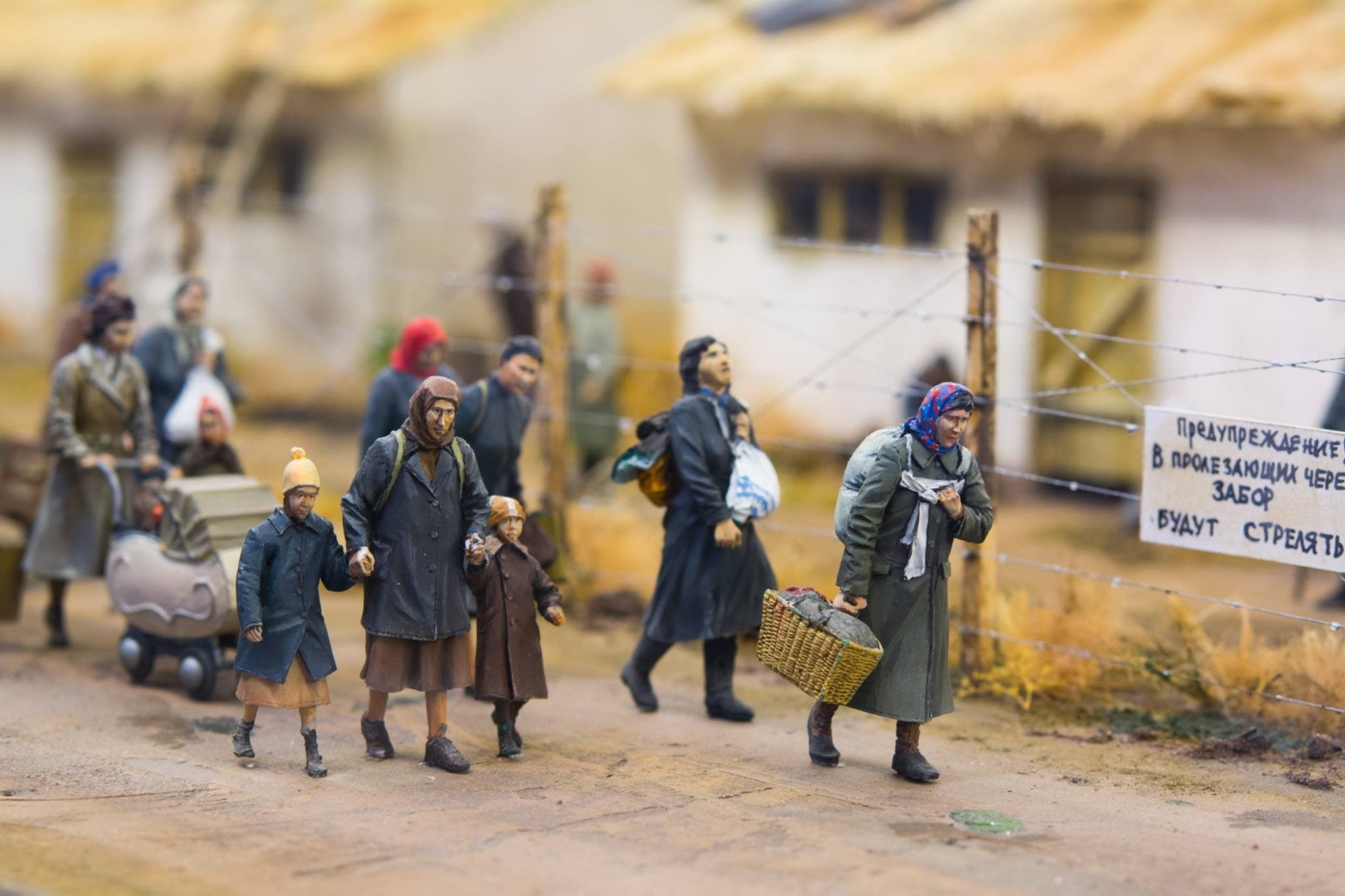Shades of Agency: Choice, Survival, and Resistance of Jewish Women During the Holocaust in Transnistria

March 2, 2022 at 12:00 PM Pacific Time
A public lecture by Lilia Tomchuk (PhD candidate in History, Fritz Bauer Institute, Frankfurt, Germany)
2021-2022 Margee and Douglas Greenberg Research Fellow
Organized by USC Dornsife Center for Advanced Genocide Research
The Holocaust profoundly shaped the experiences of Jewish women, requiring them to respond to changing situations and threats, to make unusual choices, and to employ varying strategies of resistance and survival. This talk will examine the facets of Jewish women’s agency in different contexts during the Holocaust in Transnistria, where Jews and Roma from Bessarabia and Bukovina were deported by Romanian authorities in 1941 and 1942 and where local Ukrainian Jews were brought from neighboring localities.
Prevailing research depicts Transnistria as a “dumping ground.” Conditions in the region varied widely. Compared to the German-occupied part of Ukraine, the Jews in Romanian-occupied Transnistria were able to form exceptionally well-organized ghettos under certain circumstances. At the same time, the region was also the site of camps such as Pechora, which is remembered by survivors as a merciless death camp. Variable and changing conditions required women in Transnistria to exercise different decision-making paths and actions to survive. Identifying and analyzing women’s decisions and actions illuminate these Jewish women as agents and historical subjects, shifting away from the traditional narrative that considers women and children passive victims of the Holocaust. Allowing for a more human and subjective understanding of the Holocaust, this talk examines what survivor testimonies reveal about Jewish women’s agency in Transnistria.
Image Description: The event image is the mini-diorama “Ghetto in Transnistria” created by Evgeny Kapuka from the Odessa Holocaust Museum collection. (Photo by Nikolai Gorshkov)